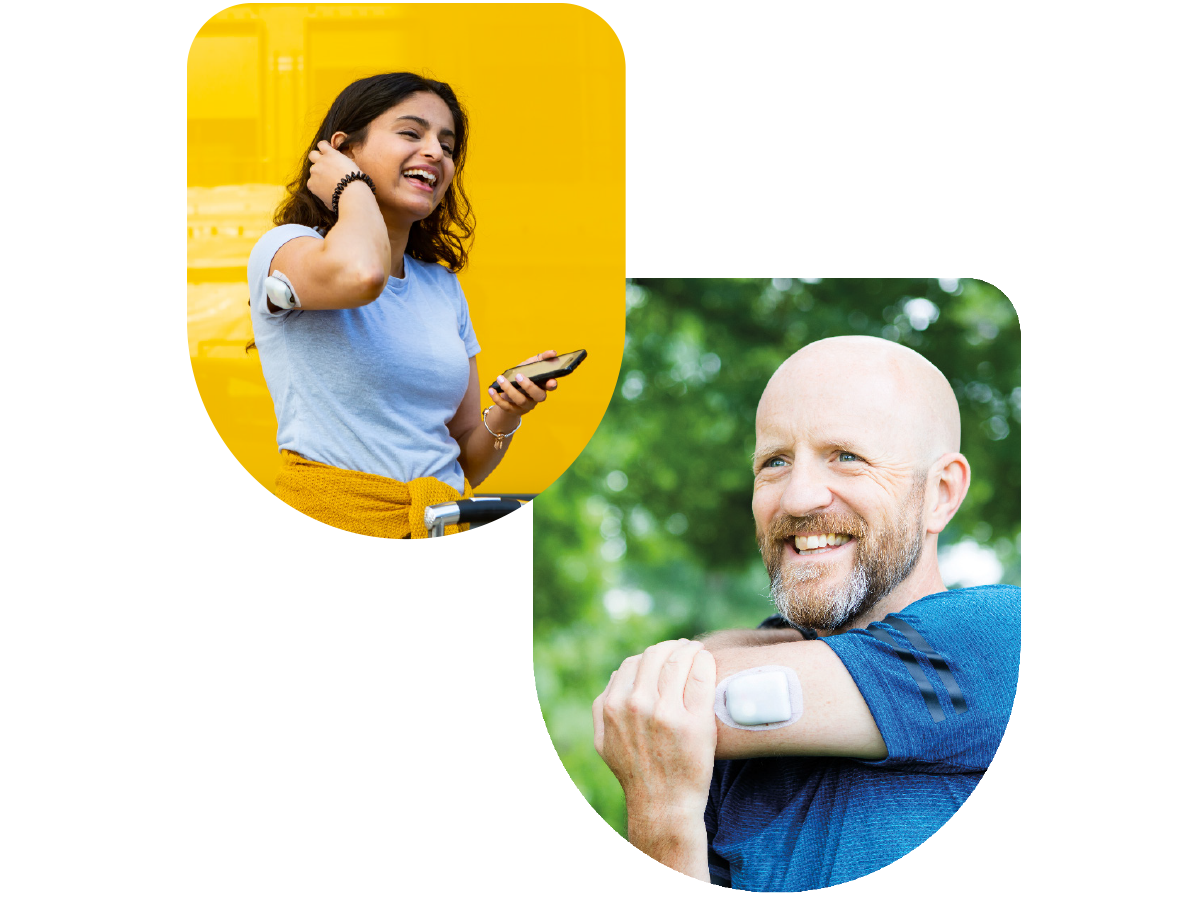Diabetes tech discussion guide
How can I get an insulin pump on the NHS?
Type 1 diabetes
If a diabetes specialist team believes that someone meets the clinical criteria for a pump and would benefit from pump therapy, NHS funding must be made available. If you are not currently under a diabetes specialist team, or it has been more than a year since your last hospital appointment, ask your GP for a referral.
England, Wales and Northern Ireland
The National Institute of Health and Care Excellence (NICE) published a mandatory Technology Appraisal of Continuous Subcutaneous Insulin Infusion (CSII, the technical name for insulin pump therapy) in 2008. There are different criteria for children aged younger than 12 and people aged 12 and up. A summary is online here. Please note that the ‘Further information and support’ list on the back cover of that summary is out of date – see the list at the end of this document instead.
Scotland
The Scottish Intercollegiate Guidelines Network published a national guideline on the management of type 1 diabetes in 2010. The full guideline document is online here (see pages 33–34 for information on CSII).
Type 2 diabetes
Across the UK, insulin pump therapy is uncommon for people living with type 2 diabetes and NHS funding is possible only if a diabetes specialist team makes a special funding request, as there is no formal policy.
How can I get a continuous glucose monitoring (CGM) system on the NHS?
CGM systems including Freestyle Libre 2 and Dexcom ONE are widely available on prescription to people with type 1 diabetes across the UK.


However, unlike insulin pump therapy, there are no mandatory national policies regarding access to CGMs. Some people living with type 2 diabetes can access CGM, depending on local policies.
- If you are not able to get a CGM on prescription from your GP, ask the diabetes specialist team to write to the GP regarding your need for a CGM.
- If you are not currently under a diabetes specialist team, or it has been more than a year since your last hospital appointment, you can ask your GP for a referral. - If you already have a CGM and you are seeking access to a different CGM system, you can ask your diabetes specialist team about local CGM funding policies, or it may be possible for you to self-fund it.
Are hybrid closed-loop (HCL) systems available on the NHS?
About HCL systems
An HCL system has three components: an insulin pump, a CGM and an algorithm which adjusts how much insulin the pump delivers based on the CGM data. The pump, CGM sensor, and algorithm all need to be able to ‘talk’ to each other to make an HCL system. At present, the CGMs that a GP can prescribe do not ‘talk’ to any pumps that can be used in commercial HCL systems. See the Next steps section below for tips on talking with your diabetes specialist team if you are interested in an HCL system.
England, Wales and Northern Ireland
As of today, all HCL systems are available on the National Framework for the UK for Insulin Pumps and Associated Products. If a diabetes specialist team can access funding for an HCL and believes someone would benefit, they can prescribe it.
There are currently no national clinical criteria regarding access to HCL systems, however there are best practice guidelines here. Health commissioners will provide wider access to HCL systems when they implement the forthcoming NICE Technology Appraisal on Hybrid Closed-Loop Systems (expected to be released late 2023; check here for updates). When this is released, there will be an implementation programme to support the roll-out, which will also define who can and can’t have an HCL, and how they will get it. These things take time, and may happen differently in different areas or regions.
Some local areas already have funding criteria for CGM systems that can to ‘talk’ to an insulin pump in an HCL system, for example Dexcom G6 or Medtronic Guardian G4. In these places, someone who gets NHS funding for an insulin pump that can work in an HCL may also receive NHS funding for a CGM that works in an HCL system.
Scotland
The Scottish Health Technologies Group (SHTG) released an SHTG Recommendation on Closed Loop Systems and the Artificial Pancreas for Type I Diabetes Mellitus (T1DM) in January 2022. A summary and a link to the full Recommendation document are online here. Scottish Health Boards are working on implementing this Recommendation through the ANIA programme.


Next Steps
Preparing to share with the diabetes specialist team
Starting 3–4 weeks before your next diabetes appointment
Starting 2–3 weeks before the appointment
A few days before the appointment
During the appointment
At the end of the appointment
After the appointment
Further information and support
NATIONWIDE
WALES
SCOTLAND
NORTHERN IRELAND


Next up...
If, with the help of your healthcare team, you have decided on the Omnipod system, here are some helpful tips before you get started.